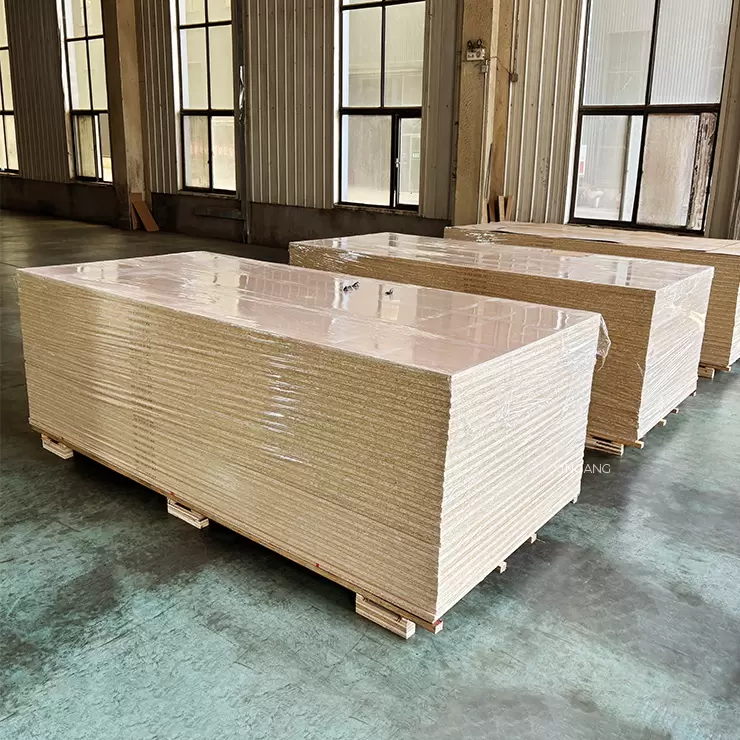Mechanical systems play a crucial role in various industries, from manufacturing and transportation to energy production. However, even with meticulous design and engineering, these systems are not immune to failures. Understanding the potential pitfalls and failures of mechanical systems is essential for ensuring their reliability and safety. In this blog post, we will delve into the depths of mechanical system failures, exploring their causes, consequences, and preventive measures.
- Material and Component Failures:
One of the primary causes of mechanical system failures lies in the materials and components used. Over time, materials can degrade due to factors such as corrosion, fatigue, or inadequate maintenance. Components, such as bearings, gears, or seals, may experience wear and tear, leading to unexpected failures. It is crucial to select appropriate materials and regularly inspect and maintain components to prevent such failures. - Design and Manufacturing Deficiencies:
Mechanical system failures can also be attributed to design and manufacturing deficiencies. Inadequate design calculations, improper tolerances, or insufficient testing during the manufacturing process can result in weak points within the system. These weaknesses may manifest as structural failures, reduced efficiency, or premature wear. Employing robust design practices, rigorous testing, and quality control measures can mitigate these risks. - Operational and Maintenance Negligence:
Negligence during operation and maintenance can significantly contribute to mechanical system failures. Operating systems beyond their specified limits, ignoring warning signs, or neglecting routine maintenance can lead to catastrophic consequences. Regular inspections, preventive maintenance, and adherence to operational guidelines are vital to ensure the longevity and reliability of mechanical systems. - Environmental Factors:
Mechanical systems are often exposed to harsh environmental conditions, which can accelerate their deterioration and increase the likelihood of failures. Extreme temperatures, humidity, vibrations, or exposure to corrosive substances can compromise the integrity of materials and components. Implementing protective measures, such as coatings, insulation, or environmental monitoring, can help mitigate the impact of these factors. - Human Error and Training:
Human error, whether during design, manufacturing, operation, or maintenance, can have severe consequences on mechanical systems. Lack of proper training, inadequate knowledge, or complacency can lead to critical mistakes that compromise the system's performance and safety. Investing in comprehensive training programs, emphasizing the importance of attention to detail, and fostering a culture of continuous improvement can minimize human-induced failures.
Conclusion:
Mechanical system failures can have far-reaching consequences, ranging from financial losses to safety hazards. By understanding the failures' root causes and implementing preventive measures, industries can enhance the reliability, efficiency, and safety of their mechanical systems. From material selection and design considerations to operational practices and human factors, a holistic approach is necessary to mitigate the risks associated with mechanical system failures.






